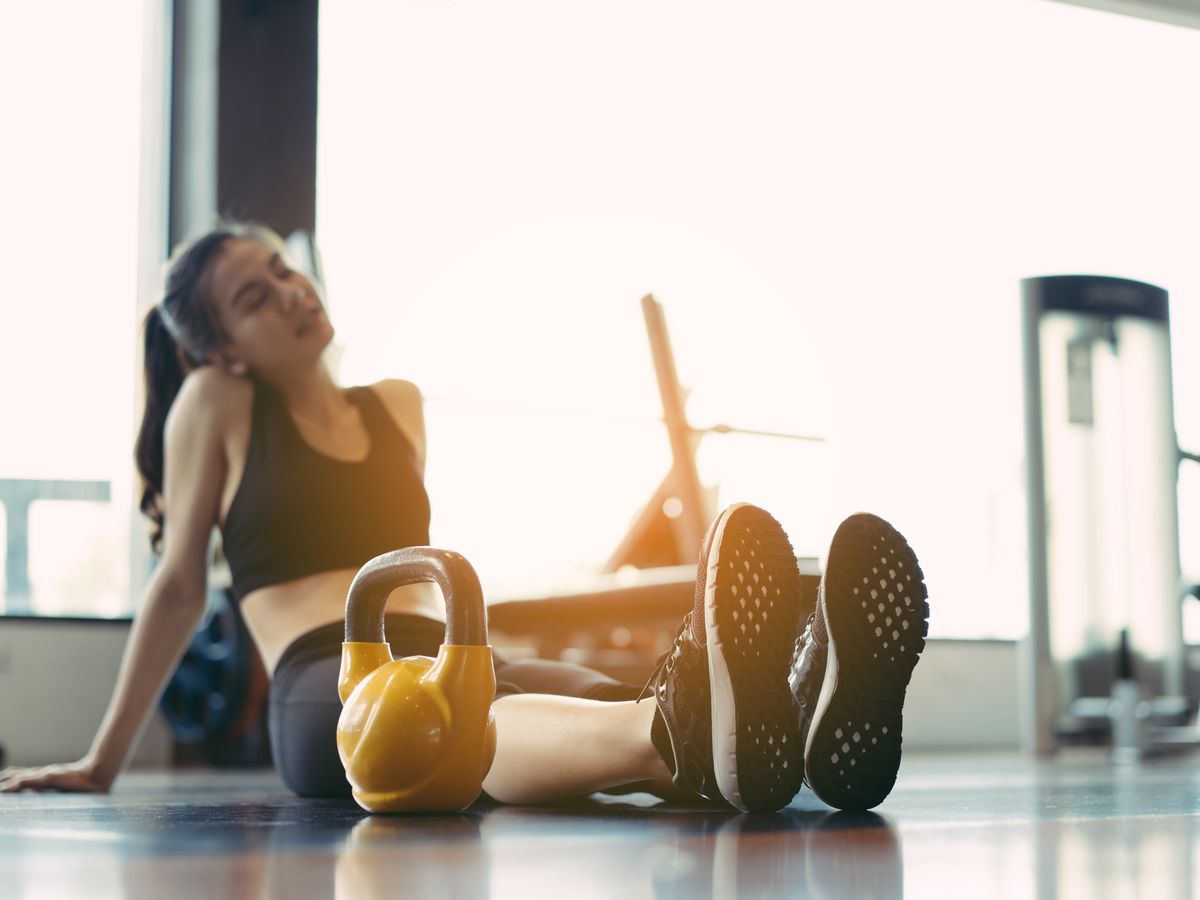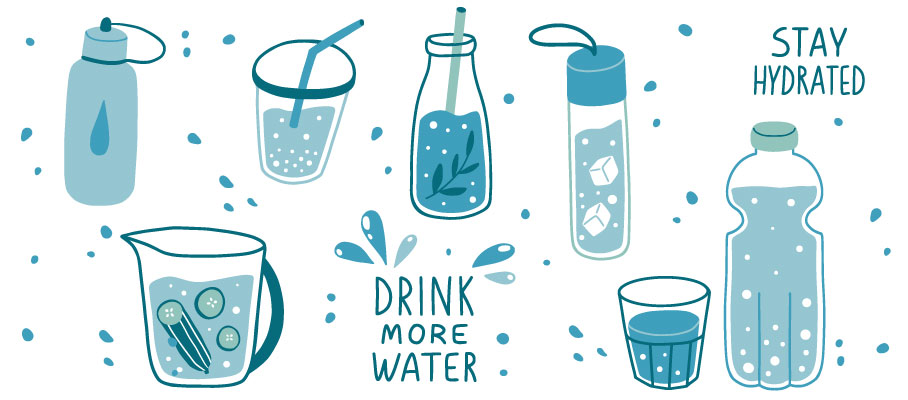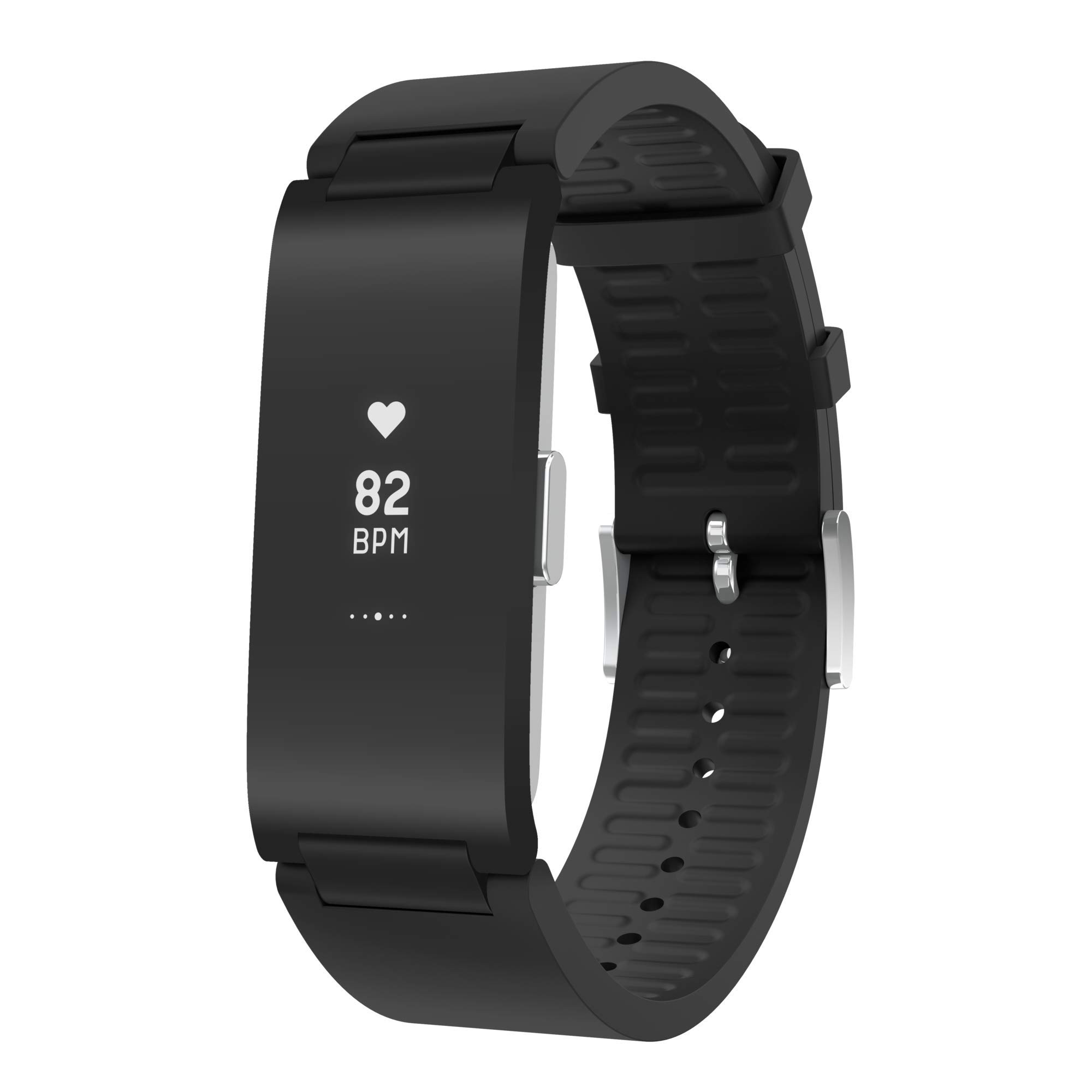If you’ve ever done a plank or a squat hold, you’re familiar with the shaky sensation your muscles get when they’re about to give up. Though the trembling is a little amusing, it’s part of the job. Shaking after an exercise, on the other hand, may be cause for alarm.
Whatever the cause of your tremors, a little research and TLC will usually get you back on your feet in no time—though there are some situations where you’ll want to seek professional assistance.
Sure, there’s something gratifying about giving it your all during a sweat sesh, but if you feel like you’ve been struck by a train (and have the quivering muscles to show it), one of the following causes might be at play.
1. You’re completely exhausted.
According to Rodriguez, shaking might be the consequence of your muscles burning up their energy reserves. However, it’s also possible that your nerves are worn out. Basically, your spinal chord transmits signals to your muscles’ nerves to instruct them what to perform, and the chemicals needed to convey these messages might decrease throughout a workout, he adds. As a result, you quiver like a wind-blown tree.
When these hormones are depleted or tiny groups of muscles in big muscular units get tired, disorganised movement ensues, creating the impression of shaking, according to Rodriguez. After a long, exhausting effort, it’s no surprise you’re feeling a little woozy.
Even less-hardcore movement can push you into this zone if your body is short on the fuel it needs to keep those muscles (and nerves) firing away. Long, intense workouts can leave you in this state of fatigue, but even less-hardcore movement can push you into this zone if your body is short on the fuel it needs to keep those muscles (and nerves) firing away.
2. You’re dehydrated.
Dehydration might be the cause of your tremors if you’re completing your exercises with a nearly empty water bottle. Because your muscles are 75 percent water and rely on it to carry vital nutrients and waste, they can’t operate at their optimum when you’re dehydrated.
The American Council on Exercise (ACE) suggests consuming 17 to 20 ounces of water (about a normal water bottle) a few hours before exercising, followed by another eight ounces (about a standard glass) 30 minutes before putting on your shoes. Then, every 10 to 20 minutes while activity, they recommend consuming seven to ten ounces of water. If it sounds like a lot, it is, and that’s because even little dehydration has a significant impact on your performance.
If you’re thirsty and unsteady, finish that water bottle as soon as possible—and make a plan to drink plenty before your next sweat.
3. You went overboard on caffeine.
Too much caffeine is a typical cause of feeling anxious while or after exercising, whether you fuel your efforts with good ol’ java or make up some type of pre-workout supplement.
Though the FDA recommends that most healthy individuals take up to 400 mg of caffeine per day (about four cups of coffee), everyone reacts differently to the stimulant. So, while studies have shown that consuming 200 milligrammes of caffeine within 60 minutes of exercise might assist increase performance, Rodriguez warns that it may not be the greatest choice for sensitive people.
If you’re using a pre-workout supplement, this care is even more important. “Some pre-workouts might cause jitteriness by increasing adrenaline in the body,” Rodriguez says. So, if you’re in doubt, just drink plain water.
4. Your blood sugar is low.
True hypoglycemia (low blood sugar) is uncommon in otherwise healthy persons, and Rodriguez believes it is an unlikely cause of shakiness during or after an exercise. If you have diabetes (or believe you do), your blood sugar levels may have a role in your trembling.
In this scenario, it’s critical to consult with your doctor about the finest ways to exercise. If your blood sugar levels are less than 100 mg/dL, ACE suggests consuming some extra carbs before sweating if you have diabetes. It’s also beneficial to stick to a regular exercise, eating, drinking, and medicine schedule.
Consult your physician, doctor, or other expert before beginning any workout or diet regimen. Individuals over the age of 35, as well as those with pre-existing health concerns, should pay extra attention to this. No liability for personal harm or property damage caused by following our recommendations.
Stop working out right away if you feel dizziness, nausea, chest discomfort, or any other unusual symptoms, and contact a physician or doctor right away.



